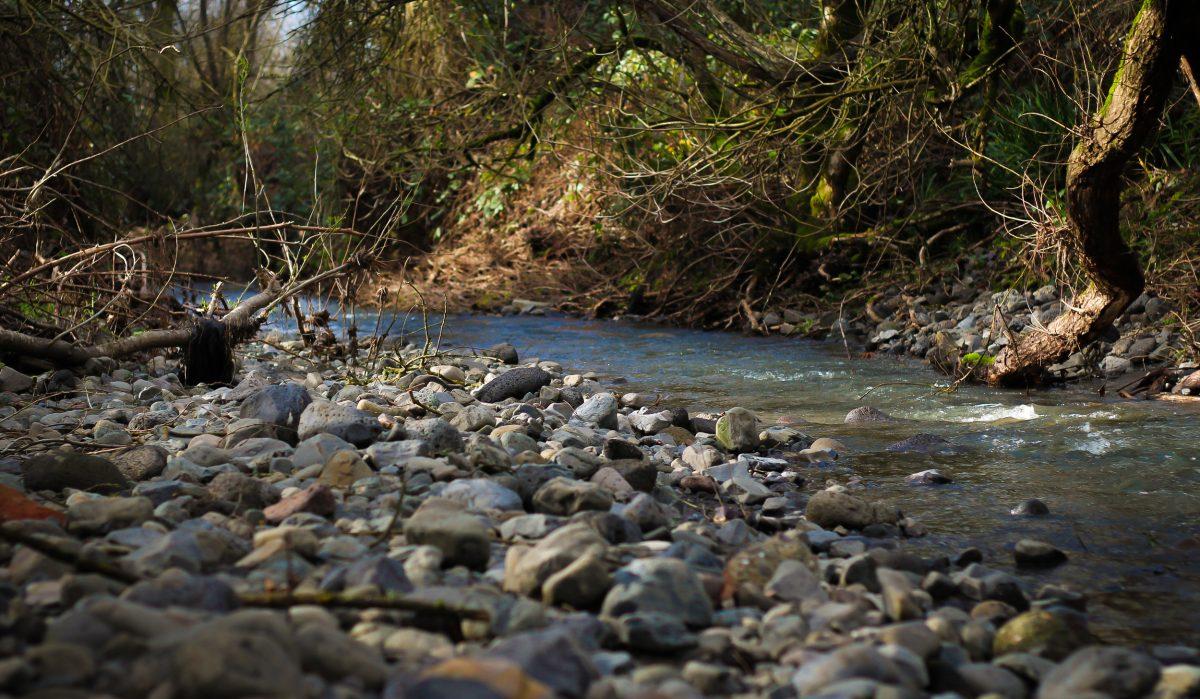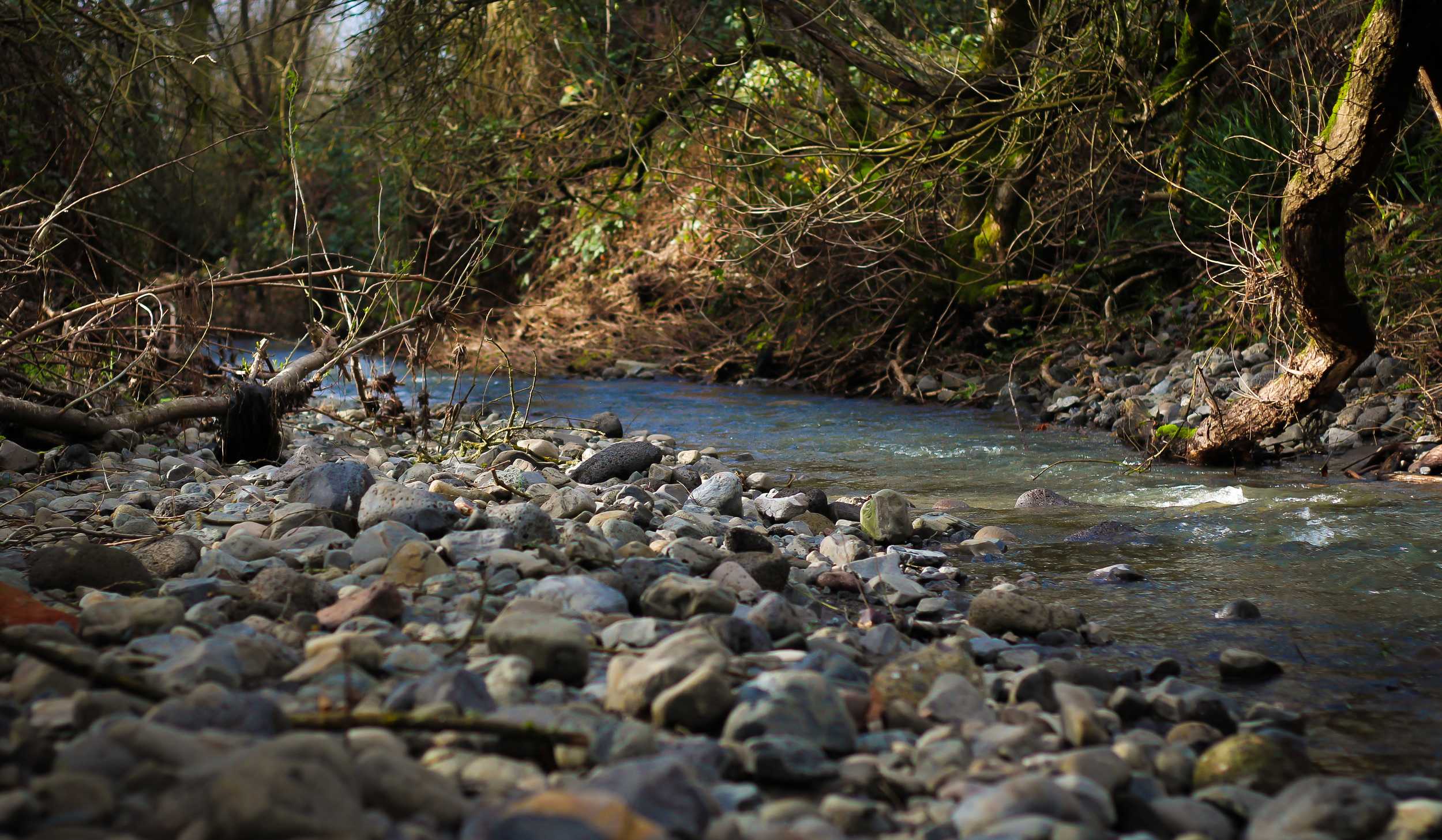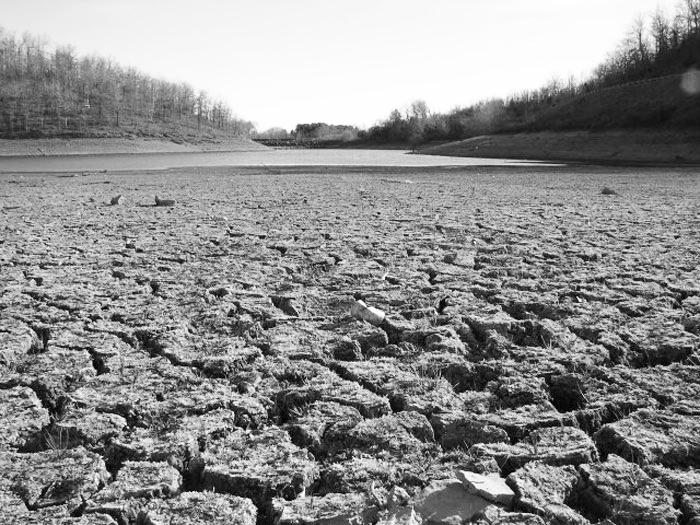Gov. Jerry Brown ordered the state’s first mandatory water-use reduction on Wednesday in response to California’s near-crisis proportions drought.
After a winter of record-low snowfall, Gov. Brown issued an executive order directed at the State Water Resources Control Board to impose a 25 percent reduction on the state’s 400 local water supply agencies over the coming year. The agencies will be responsible for implementing their own area-specific incentives for water use compliance, and consequences for overuse.
The newly mandated restriction is a 5 percent increase from last year’s voluntary 20 percent reduction. One water agency that achieved water usage very close to the governor’s request is Santa Rosa Water.
In a press release recently delivered through the City of Santa Rosa, the water agency urged residents to take simple steps to reduce water use, such as: taking advantage of free water saving resource (i.e. water audits and rebates), heeding water smart recommendations for irrigation, and quickly identifying and repairing leaks.
Sonoma, a region so diverse in industry, has felt the choke of the drought in all areas of development; be it rural or urban, agricultural or commercial, the drought does not discriminate. Because of this everyone in the county, as well as the state, has had to adjust the way they use water.
“The use of water and energy are deeply intertwined, particularly in a state like ours where we are constantly moving water around,” said Laura A. Watt, associate professor and chair of the environmental studies and planning department. “So I think developing a greater consciousness of how water gets used, as well as a personal commitment to learn to use less [is important], not just in a drought year, but all the time.”
In an effort to strengthen the response to the state’s four-year drought, Brown announced the 25 percent reduction order while attending the annual April 1 measuring of the snowpack in the Sierra Nevada. Snowpacks are a vital component of California’s water system as they store water that accumulates during the rainy and winter season, and release it through the summer.
“People should realize we are in a new era,” Brown said at a news conference on Wednesday, following the snowpack measuring. “The idea of your nice little green lawn getting watered every day, those days are past.”
Sonoma State University is a campus loved for its lush landscape. Students needn’t worry about wasteful practices being used to manage the deep vibrancy of campus lawns, as they are maintained using reclaimed and recycled water. Still, there are others in the community who resort to different methods.
“Let me take this opportunity to just state the obvious for those who may not already be sensitive to the issues our communities will be facing in the future,” said Tomio Endo, lecturer in Native American studies, and coordinating officer for the Sonoma Student Growers Cooperative “This drought is here to stay and it has a serious bone to pick with California.”
As a local and student-run growing cooperative in Sonoma County, Sonoma State Growers Cooperative. recognizes that those participating in agricultural practices must adapt in ways that respect the constraint of resources, be they conventional or not.
“Our little farm continues to be blanketed in wood chip mulch thanks to the hard work of Jamal Edwards and Sean Stephens and we work to make sure our beds are always covered or planted with wood chips and organic matter,” said Endo, “which gives our soil a nice ‘sunblock’ layer that keeps clay soil moist and friable with very minimal water usage from our closely monitored T-Tape drip irrigation system.”
Endo credits these strategies as helping the co-op stay proactive, creative and mindful.
Selectively growing crops to serve the specific needs of surrounding local markets is yet another tactic Sonoma State Growers Cooperative has implemented as an answer to current water issues.
It’s through the continued conservation efforts of water agencies like Santa Rosa Water, the facilities management at Sonoma State University, savvy local growers and farmers, and of course, the practices of water-conscious individuals, that Sonoma County can do its part in supporting the new reduction, and by doing so, combat the drought.





![[Both photos courtesy of sonoma.edu]
Ming-Ting Mike Lee stepped in as the new SSU president following Sakakis resignation in July 2022](https://sonomastatestar.com/wp-content/uploads/2024/04/CC4520AB-22A7-41B2-9F6F-2A2D5F76A28C-1200x1200.jpeg)




























